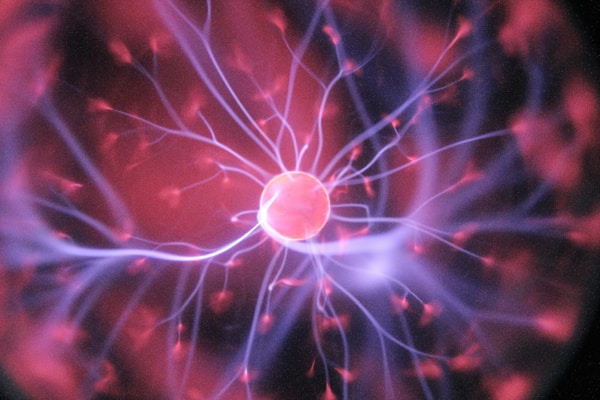NAD plus is an essential coenzyme found in every human body cell, playing an important role in energy metabolism, DNA repair, and cell signaling. But what exactly is NAD+, and how does it affect our health? Keep reading to learn more about the science behind NAD+ and its role in the body.
Introduction to NAD+

Nicotinamide adenine dinucleotide (NAD+) is found in all living organisms. It plays a key role in energy metabolism and is involved in redox reactions that generate cellular energy. NAD+ also serves as a substrate for enzymes involved in DNA repair, protein synthesis, and other critical metabolic processes. In addition, it functions as a signaling molecule that can regulate gene expression and influence cell fate decisions such as apoptosis or differentiation.
As humans age, their levels of NAD+ decline due to decreased activity of the enzyme nicotinamide phosphoribosyltransferase (NAMPT). This decrease has been linked to aging-related diseases such as cancer, cardiovascular disease, diabetes, neurodegenerative disorders, and more. To combat this age-related decline in NAD+, researchers have developed ways to supplement with precursors like nicotinic acid or nicotinamide riboside, which are converted into NAD+. Supplementation may provide therapeutic benefits for people suffering from aging conditions, including improved cognitive performance, increased longevity, and enhanced physical performance. But before taking any supplements, be sure to consult your healthcare provider.
Understanding how the body metabolizes these precursors is critical for optimizing health outcomes through supplementation strategies targeting NAD+.
NAD+ for Mitochondria Health
NAD+ works as a critical mediator between energy production and metabolism by helping to convert food into usable energy through its role as an electron carrier. In addition, NAD+ also helps to regulate redox reactions within mitochondria, allowing them to maintain their structural integrity and function properly.
Without adequate levels of NAD+, the mitochondria cannot produce enough ATP (adenosine triphosphate), which is used for cellular respiration and other metabolic processes. Low levels of NAD+ can result in decreased efficiency in energy production, leading to fatigue and impaired cognitive functioning.
Therefore, keeping healthy levels of NAD+ is essential for preserving mitochondrial health throughout life so that one’s cells can produce enough energy for proper functioning.
Benefits of NAD+ on Metabolic Processes

One of the most important functions of NAD+ is its role in the metabolism of carbohydrates. NAD+ is necessary for the breakdown of glucose, the main form of sugar in the body. When glucose is broken down, it produces energy that the body can use for various purposes. Without NAD+, glucose would not be able to be metabolized, and energy production would be impaired.
NAD+ is also involved in the metabolism of proteins. Proteins are the body’s building blocks, and they must be broken down to release energy. NAD+ is required for this process, and without it, proteins would not be able to be metabolized. Additionally, NAD+ plays a role in the metabolism of fats, as it’s involved in the breakdown of fat molecules. Without NAD+, fat metabolism would also be impaired.
NAD+ is also involved in detoxification, helping to neutralize toxins. Many of the toxins we are exposed to daily can cause damage to cells, and NAD+ helps to neutralize them before they can do any damage.
Finally, NAD+ is involved in a process called cell signaling, which is necessary for communication between cells. When cells communicate, they activate specific pathways that help to regulate the body’s processes. Without NAD+, cell signaling would not be possible.
As you can see, NAD+ plays an essential role in many different metabolic processes. Increasing NAD+ levels may have numerous potential benefits, including improved energy production, better detoxification, and more efficient cell signaling. Therefore, it’s important to ensure that your body has enough NAD+ to support these metabolic processes.













